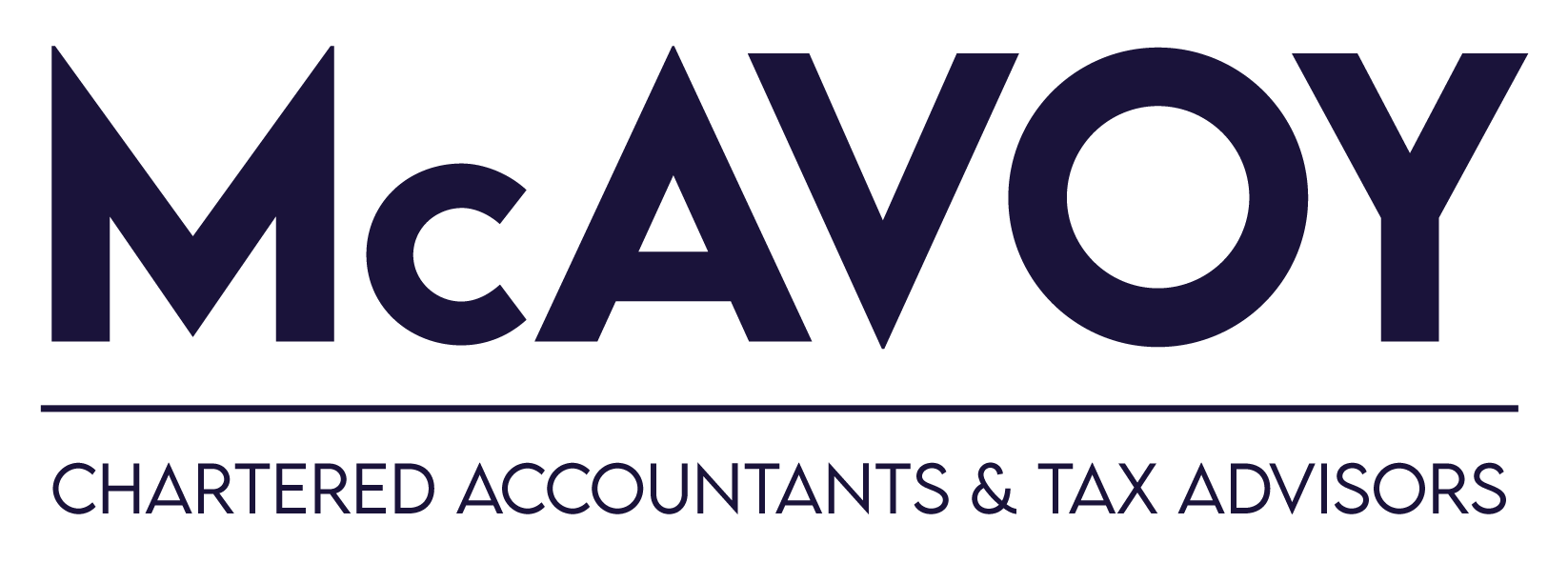At some point every business owner will wish either to retire, sell or transfer his or her business to someone else. This process usually takes longer than the owner thinks, so it’s important to start planning for this well in advance.
Below you will find a guide to what purchasers typically look for when seeking to acquire a business and, just as importantly, what they will pay a premium for.
Increasing and Recurring Revenues
The larger the portion of a company’s revenues that are stable and likely to continue in the future, the more desirable that company will be to a purchaser.
Customer contracts, service contracts and retainers represent important underlying value for a purchaser. They provide an assurance of both regular income and offer a purchaser some security that the customers will remain with the company for a minimum period after his or her purchase.
Where contracts already exist it’s important to make sure they are up-to-date and enforceable, as they will need to withstand the scrutiny of commercial and legal due diligence.
Diversified Customer and Product Bases
Purchasers tend to dislike businesses that are reliant on a small number of customers or products and as a result these types of businesses sometimes struggle to attract the offer that their strong cashflows deserve.
Business owners should endeavour to increase and diversify their customer base by expanding their customer numbers, size and geography.
Good and Growing Cash Flows
The ability of a business to generate sustainable and growing cashflows is always the key factor in determining the valuation of a company.
A purchaser is likely to pay more for a company that can demonstrate quality and increasing cash flows than for one where cash flow is stagnant.
A Strong Management Team
The key to a successful business is often the key relationships and skills that the owner brings to the organisation. In some cases, however if the owner is taken out of the business it may fail. Understandably the value of such a business will be less than one that is not owner-dependent.
One way to counteract this is to have a strong and motivated management team. This will help demonstrate to a buyer that the value of the business is not completely dependent on its owner. By actively developing a high-quality workforce, you can increase your company’s worth, especially if employees are committed to remaining with the company after the owner exits.
Get the Paperwork in Order
When a business is being sold its financial statements, books and records will be scrutinised as part of the purchaser’s due diligence process. It’s essential therefore that the business’s financial and regulatory records are accurate, up-to-date and that any unusual or one-off transactions can be explained.
It’s vital to have a good robust management accounting system in place that supports the business’s financial transactions. The business owner will need to review the customer, supplier and employee contracts to ensure all the paperwork is in order. Similarly the business’s tax returns and supporting documents need to be reviewed and be available for inspection. Ensure also that all returns to Revenue are up to date.
Protect the Business’s IP
Protecting intellectual property such as patents, copyrights, brand names and trademarks can help a company to sell its products and services for a higher price than would otherwise be the case. This is because IP often deters competition from entering a market place in the first place or, in the case of trademarks and brand names, creates a level of customer loyalty that will cost a competitor a lot of money to supplant.
So do not neglect the task of protecting your business’s products or services before looking for a buyer.
Review Group or Ownership Structure
Buyers are attracted to simplicity. A complex corporate structure can sometimes make a deal more difficult to achieve than it should as purchasers may not understand what they are acquiring. Consider therefore stripping away any complexity that is not essential to the deal.
Tax-Plan the Sale
There are a number of important tax reliefs that can save a vendor a great deal of money. Make sure that you know about these and take advantage of them where appropriate. Where a sale or a transfer of a business is concerned you only get one chance to get it right so be sure to take expert tax advice at an early stage in the process.
To find out how you can avail of this service please arrange a consultation with one of our advisors on 021 4321321 or e-mail Dara Burke, Stephanie Kirby or Joe McAvoy on info@mcavoy.ie
*This article is written in general terms and should not be relied on as a comprehensive summary of the relevant tax law. Professional taxation advice should always be sought before any action is taken.

